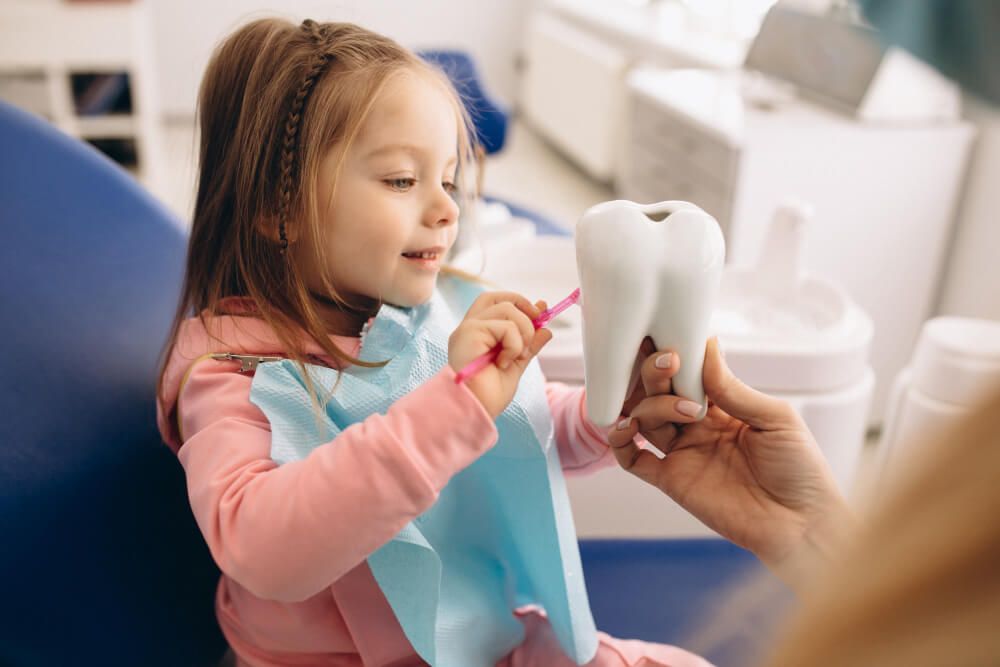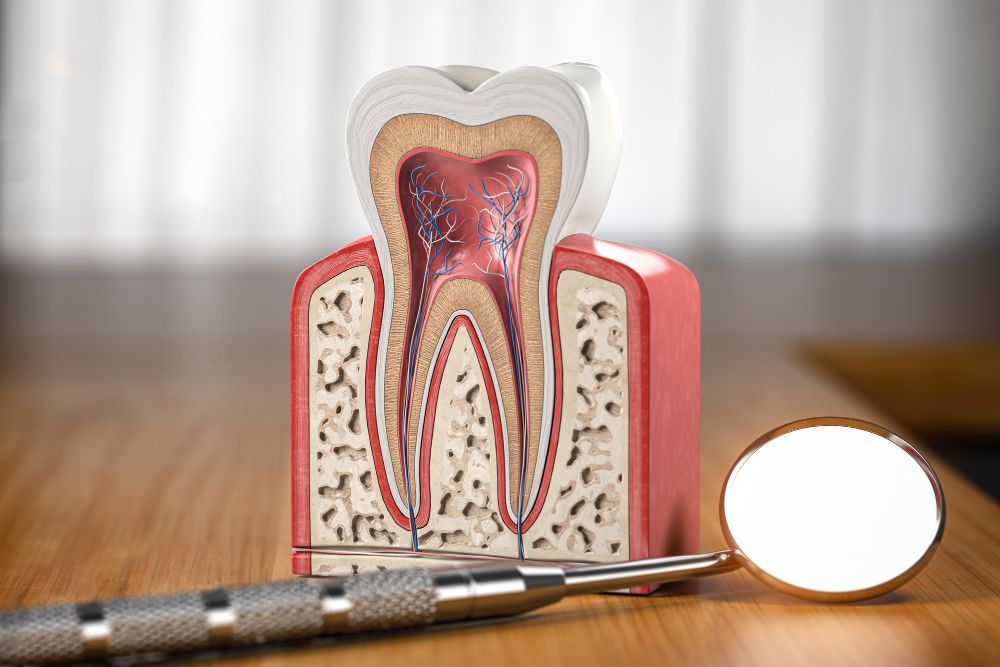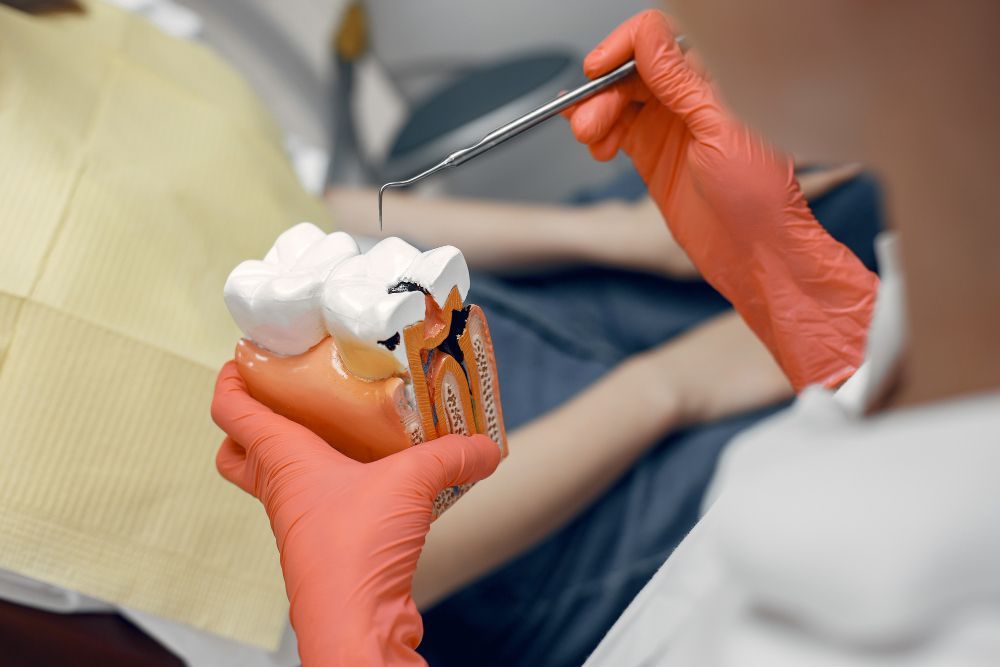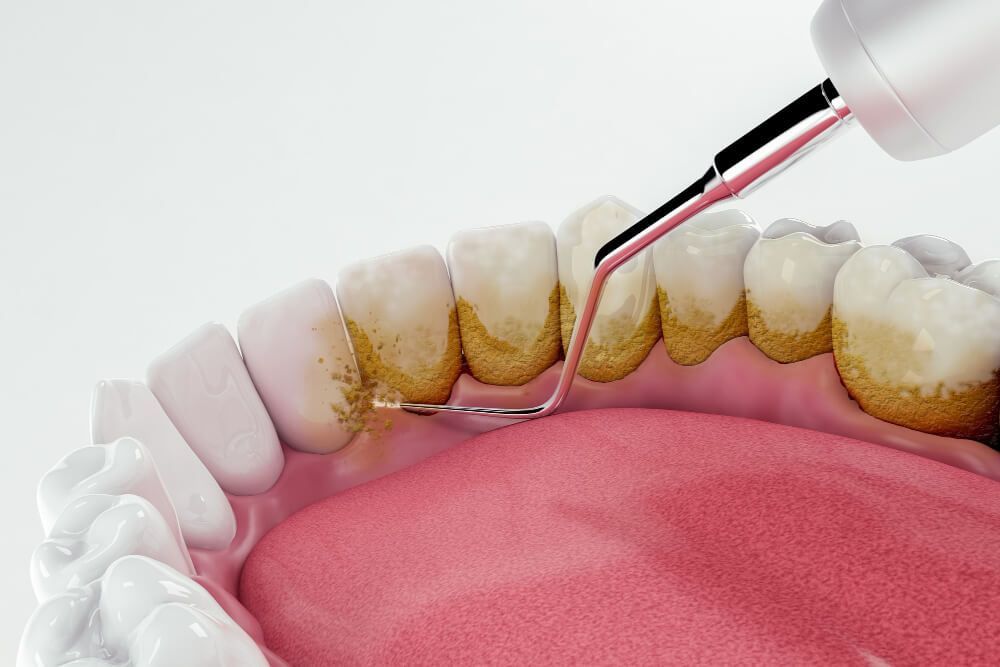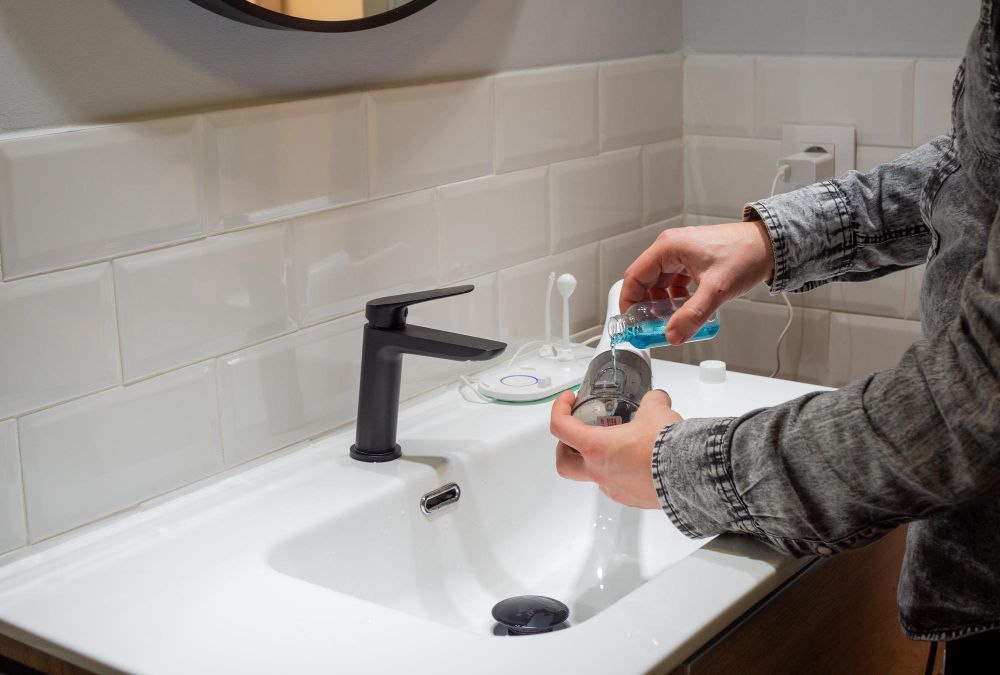Cavities in Baby Teeth
Cavities in Baby Teeth: A Comprehensive Guide to Prevention and Treatment
Cavities in baby teeth, also known as dental caries or tooth decay, are a common concern among parents. While they may seem insignificant, these early dental issues can have a lasting impact on your child's oral health. In this comprehensive guide, we'll explore everything you need to know about cavities in baby teeth, from their causes and prevention to treatment options. By the end of this article, you'll be well-equipped to safeguard your child's precious smile.
Cavities in Baby Teeth
Baby teeth, or primary teeth, serve as placeholders for permanent teeth. Many parents assume that because these teeth eventually fall out, they aren't crucial. However, neglecting cavities in baby teeth can lead to serious consequences. Let's delve into the specifics of this dental concern.
Understanding Cavities
Cavities are essentially holes or damaged areas in the enamel, the outer layer of teeth. They develop when bacteria in the mouth produce acids that erode the tooth's surface. In the case of baby teeth, cavities can occur as soon as the first tooth emerges, typically around six months of age.
Causes of Cavities in Baby Teeth
Several factors contribute to the development of cavities in baby teeth:
- Dietary Habits: Excessive consumption of sugary foods and drinks can create an environment conducive to cavities.
- Oral Hygiene: Inadequate brushing and flossing leave food particles and bacteria on teeth, promoting decay.
- Lack of Fluoride: Fluoride, found in toothpaste and tap water, strengthens tooth enamel and helps prevent cavities.
- Bottle Feeding: Prolonged bottle feeding, especially at bedtime, can lead to a condition known as "baby bottle tooth decay."
- Genetics: Some children may be genetically predisposed to cavities.
The Importance of Early Detection
Detecting cavities in baby teeth early is crucial. Left untreated, they can lead to pain, infection, and complications that affect a child's overall health. Regular dental check-ups should begin around the age of one to ensure any issues are caught in their infancy.
Prevention: How to Safeguard Baby Teeth
Preventing cavities in baby teeth is a proactive endeavor. Here are some effective strategies:
- Oral Hygiene: Begin cleaning your child's gums before teeth emerge and transition to brushing with a soft toothbrush and fluoride toothpaste.
- Balanced Diet: Limit sugary snacks and beverages, and encourage a balanced diet rich in fruits, vegetables, and dairy products.
- Fluoride Use: Consult your dentist about fluoride supplements or treatments to strengthen tooth enamel.
- Regular Check-ups: Schedule regular dental appointments for professional cleanings and early cavity detection.
Treatment Options
If your child does develop cavities in their baby teeth, there are treatment options available:
- Dental Fillings: Dentists can remove decayed tooth material and fill cavities with materials like composite resin or amalgam.
- Pulpotomy: In cases of severe decay, a pulpotomy may be necessary to remove infected pulp tissue.
- Stainless Steel Crowns: For extensive damage, stainless steel crowns may be used to protect the tooth and restore its function.
Conclusion
Cavities in baby teeth may be common, but they are far from inconsequential. Early intervention and preventive measures are key to ensuring your child's oral health. By following the advice in this guide, you can help your little one maintain a bright and healthy smile throughout their early years and beyond.
